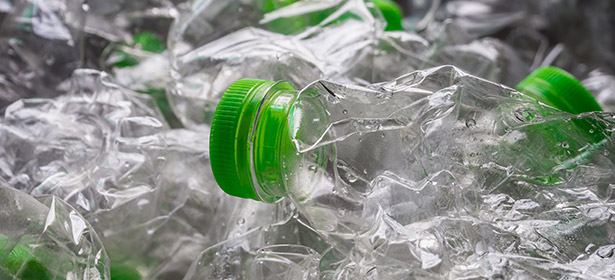
Is grain-free food good for dogs?
24 Apr 2024

Supermarkets are on the frontline in the fight against climate change. Their sheer size and dominance mean they are major contributors of greenhouse gas emissions, plastics and food waste.
Supermarkets face sustainability issues on multiple fronts. Firstly, their operations – powering their shops, refrigerators, delivery vans and depots, packaging their products and handling their waste. And secondly, the products they sell have big environmental impacts, whether it’s carbon emissions from shipping them across the world, or issues such as deforestation and water use in their production.
They also play a key role when it comes to influencing both consumers and suppliers – what they stock, as well as how it’s labelled and priced, can all make a difference.
Many of these issues can seem beyond the power of ordinary consumers, but there are important ways we can act.
Your individual circumstances – where you shop, what you buy, how you get there, and what you do with the food once home – all make an impact. Only you will know where you can make the best, and most practical, changes for your household.
There are key choices you can make in the supermarket aisles. Here are some of our top tips:
Supermarkets' business-wide greenhouse gas (GHG) emissions, plastic use and food waste are some of the biggest environmental sustainability issues to tackle. But it’s only the start of the story – other issues to consider include water use, deforestation, organic production, sustainable fish, and biodegradable cleaning products, for example. These are mostly further down the supply chain, beyond the scope of the supermarkets’ direct operations.
We want every supermarket to set ambitious greenhouse gas reduction targets, for their own operations as well as the wider supply chain, with clear steps to reach them.
They should also eliminate unnecessary plastic and make their own-brand plastic as widely recyclable as possible – and labelled as such. Plus, we’d like to see a focus on food waste.
Almost all of the UK's major supermarket chains have signed up to the UK Plastics Pact, which launched in April 2018.
The pact, led by sustainability experts at WRAP (Waste and Resources Action Programme), aims to tackle plastic waste by bringing together businesses from across the entire plastics value chain, UK governments and NGOs.
More than 120 organisations, including major food and drink brands, manufacturers, retailers and plastic reprocessors, have signed up to hit a series of targets by 2025. These include:
Not sure where to shop? Find out which supermarket is the best rated by Which? members
A UK government ban on single-use plastic straws, stirrers and cotton buds came into force in October 2020. And a tax on plastic packaging with less than 30% recycled plastic arrived in April 2022.
But Which? still believes more needs to be done. Clear recycling labelling would make a big difference.
We know 67% of Which? members often or always look for recycling info on grocery packaging before deciding how to dispose of it.
That’s why Which? is calling for recycling labelling to be made compulsory on all UK grocery packaging – branded or otherwise – so that consumers know what can and can’t be recycled, and how.
Find out more: how to recycle in the UK